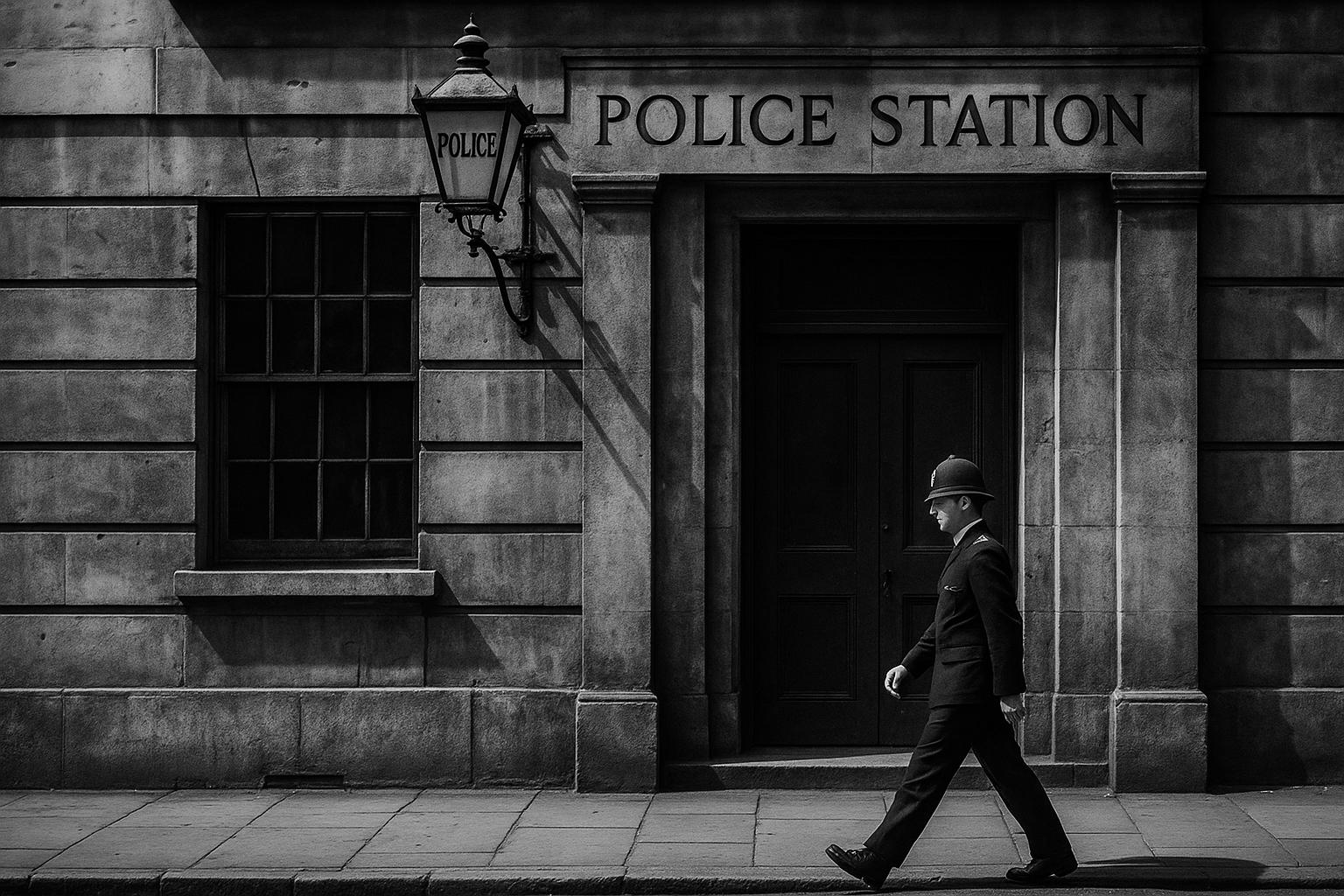The antiquated structure of policing in England and Wales, largely inherited unchanged since the mid-20th century, is a glaring example of bureaucratic inertia in the face of urgent modern challenges. Since the last major overhaul in the 1960s, the system has persisted with its unwieldy 43 separate forces—each led by its own chief constable and accountable to fragmented bodies—making it desperately ill-suited for today’s complex crime landscape. The result is a bloated, inefficient setup that wastes billions and hampers effective law enforcement.
With police budgets nearing £20 billion annually, the strain on frontline services is palpable. Since the austerity measures implemented post-2010, countless half-hearted mergers of support services have failed to address the fundamental inefficiencies of a patchwork system. Instead, the overgrown bureaucratic maze drives up administrative costs and prevents the strategic cooperation necessary to combat cybercrime, organized crime, and fraud—threats that evolve faster than police structures can adapt. As policing expert Graham Bartlett has lamented, the current entrenched system stifles potential savings and leaves officers stretched to breaking point.
Leading voices within law enforcement, including the Metropolitan Police Commissioner, openly acknowledge the need for radical change. Sir Mark Rowley’s call to consolidate the 43 forces into around a dozen regional “mega” units underscores the urgency of restructuring. Such a move would not only streamline command but also harness the latest technology, making policing more agile and resilient. The current disjointed model wears its inefficiencies on its sleeve—costly, ineffective, and increasingly unable to meet modern threats head-on.
Policing leaders agree that the status quo is unsustainable. Gavin Stephens, Chairman of the National Police Chiefs’ Council, has called for a comprehensive review, emphasizing that only larger, more capable forces can leverage emerging technologies and address threats more effectively. Yet, despite these warnings, reforms are repeatedly thwarted by political and bureaucratic barriers. The governance landscape—particularly in metropolitan regions where accountability is divided among mayors—further entrenches the fragmentation. These local leaders often lack the authority or willingness to pursue meaningful mergers, and proposals for regional consolidation are routinely dismissed despite clear operational benefits.
Financial pressures add a layer of urgency. The Metropolitan Police, for instance, has burned through nearly three-quarters of its £443 million reserve fund since 2022, with over £1 billion spent on property sales since 2010 to make ends meet. Relying on underfunded, overstretched forces handling rising demands—fuelled by population growth and increasingly complex crimes—only deepens the crisis. The over-reliance on short-term tactical fixes ignores the systemic issues lurking beneath the surface.
Yet, attempts at reform are hamstrung by bureaucratic complexity and political hesitation. The current governance arrangements—where mayors or local authorities have oversight—do little to challenge the entrenched divisions. Proposals for voluntary mergers are often dismissed outright, as exemplified by decisions to keep neighbouring forces separate, despite obvious efficiencies. Without a bold, independent review—perhaps a Royal Commission—real change remains a distant dream. Such a comprehensive inquiry could cut through political logjams and recommend primary legislation to overhaul the system entirely, ensuring policing is fit to meet the demands of the 21st century.
In essence, the case for wholesale reform is glaring. The framework established in the 1960s has served its purpose, but it now hampers the ability to confront modern crime effectively. Worryingly, the current government’s failure or unwillingness to act risks perpetuating a broken system that sacrifices frontline policing and public safety for bureaucratic convenience. Real, lasting change demands courage and leadership—something sorely missing from the current political landscape. Until decisive action is taken, public safety will remain vulnerable, and the police will continue to operate under a broken, outdated model that cannot ensure the security of the nation.
Source: Noah Wire Services
